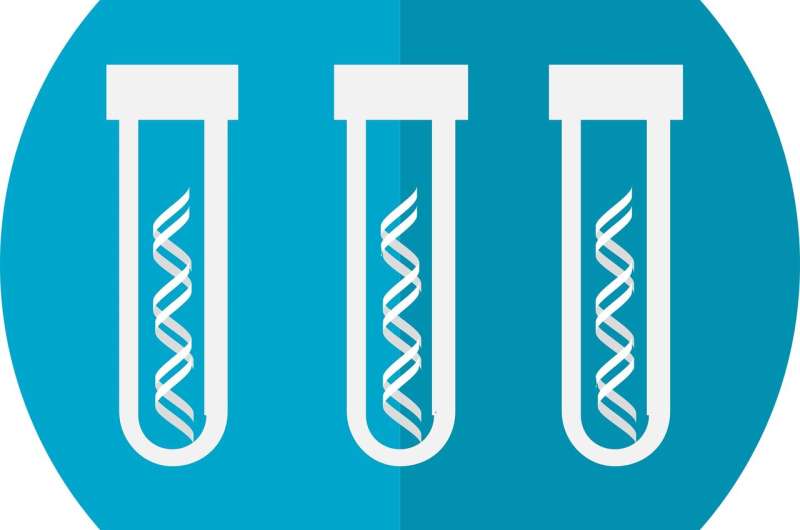Study on race and genetics finds Americans have nuanced understanding of race

Despite believing that race relations are getting worse, a majority of Americans agree that someone's racial identity is not hard-wired into their DNA, according to a new survey by Northwestern University's Center for the Study of Diversity and Democracy (CSDD), in collaboration with DNA testing company 23andMe.
The recent availability of at-home DNA testing has helped millions of Americans learn the traits, heritage and history they share with each other. While there is a long history of polling to look at attitudes regarding race relations, this new survey is the first to look at people's perceptions and attitudes regarding race and genetics, said Alvin B. Tillery, Jr., director of CSDD.
Tillery, who led the study with Joanna Mountain, senior director of research at 23andMe, said he was surprised by some of the results.
"What I expected is that about two-thirds of Americans would believe that race and genetics are tightly bound together. We found the opposite," he said. "Only about a third of Americans nationally see a strong connection."
About 51 percent of Americans think that race is separate from DNA, while only 34 percent said they believe genetics "totally" determines racial identity, according to the survey. The science also supports this nuanced understanding of racial categories. In fact, what we think of as race is largely a "social construct," not a biological one, Tillery said. Each person is actually 99.5 percent genetically similar.
But the survey also found that race relations are at a low point, a problem that has been confirmed in other polling data. About 73 percent said racism is a problem, and more than half of those surveyed (56 percent) said race relations are getting worse, not better.
At the same time, Tillery said there was much to be optimistic about from this survey, which could point toward future research on Americans' evolving perceptions around race.
For example, about 35 percent of Americans said that culture plays a role in racial identity. The same percentage said history also plays a role. About 18 percent said that racial identity is based on a personal choice.
Fewer than half of Americans, 48 percent, said that skin color is the best way to identify a person's race. Latinos—the most admixed population—were more likely to reject skin color to determine racial identity. About half of the respondents of Asian descent in the survey said that shared culture was a key factor in their racial identity, versus 35 percent of the population as a whole.
"What seems important to me is how responses differed across the groups," said Mountain, 23andMe's senior director of research, who was also involved in designing the study. "I'm excited by how the results of this survey can kick start a frank conversation about genetics and racial identity."
Tillery said the point wasn't just to look at race and genetics, but also whether testing might be making matters better or worse. Some critics of DNA testing argue that it reinforces racial differences. They point to something called "reification theory," a concept that in this context means DNA testing solidifies people's definitions of racial categories, making them seem more concrete.
But there isn't much evidence to support this. It's possible that testing does the opposite by reminding people of how mixed we all are, but neither theory has yet been proven. 23andMe plans to do follow-up surveys to learn more.
About the study
Data were collected using an internet-based sample collected by YouGov for the Center for the Study of Diversity and Democracy at Northwestern University, in collaboration with 23andMe. The study was paid for by 23andMe. Participants were invited to participate in the survey between May 29 and June 5, 2018. The total sample size is 3000 including a nationally representative sample of 1,500 adults 18 years or older, plus over samples of 500 each of Asian American, African American, and Latino American individuals. The margin of error is approximately +/- 3 percent.
Provided by Northwestern University
















